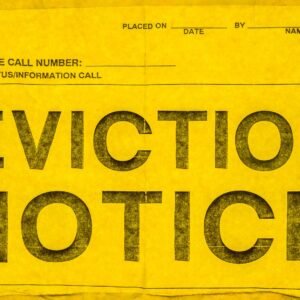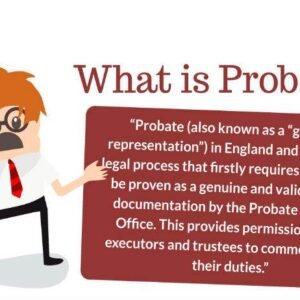Civil cases involve conflicts between people or institutions such as businesses, typically over money. A civil case usually begins when one person or business (the “plaintiff”) claims to have been harmed by the actions of another person or business (the “defendant”) and asks the court for relief by filing a “complaint” and starting a court case. The plaintiff may ask the court to award “damages” (money to compensate the plaintiff for any harm suffered), or may ask for an “injunction” to prevent the defendant from doing something or to require the defendant to do something, or may seek a “declaratory judgment” in which the court determines the parties’ rights under a contract or statute.
Eventually, to resolve the case, the court (by way of a judge or jury) will determine the facts of the case (in other words, figure out what really happened) and will apply the appropriate law to those facts. Based on this application of the law to the facts, the court or jury will decide what legal consequences ultimately flow from the parties’ actions.
A case also might be resolved by the parties themselves. At any time during the course of a case, the parties can agree to resolve their disputes and reach a compromise to avoid the expense of trial or the risk of losing at trial. Settlement often involves the payment of money and can even be structured to result in an enforceable judgment.




Reviews
There are no reviews yet.